The Institute for Policy Integrity produces a variety of publications. Our research reports develop in-depth research on our core issues, while our policy briefs and issue briefs provide focused analysis on more timely or particular topics. Our academic articles and working papers offer original scholarly research and analysis from established experts as well as fresh new voices.
Latest Publications
-
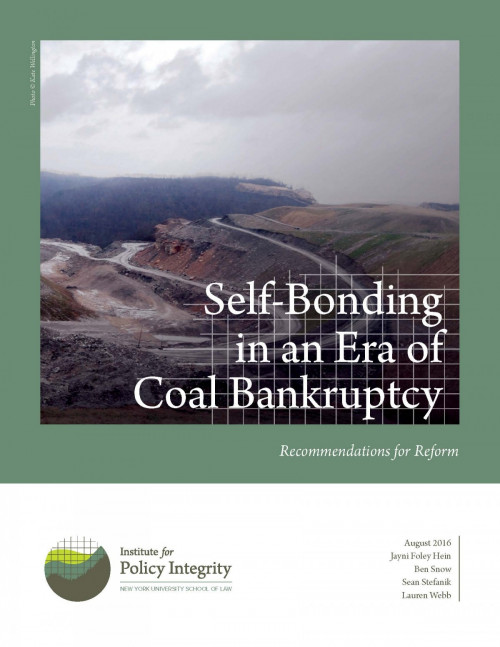
Self-Bonding in an Era of Coal Bankruptcy
Recommendations for Reform
Federal law requires coal companies to reclaim and restore land and water resources that have been degraded by mining. But at many sites, reclamation occurs slowly, if it all. Mining companies are required to post performance bonds to ensure the successful completion of reclamation efforts should they become insolvent, but regulators have discretion to accept “self-bonds,” which allow many companies to operate without posting any surety or collateral. As the coal industry experiences financial distress and coal companies declare bankruptcy, the viability of future reclamation work is endangered. This report offers recommendations to help regulators better assess coal companies’ financial health and take steps to curtail self-bonding.
-
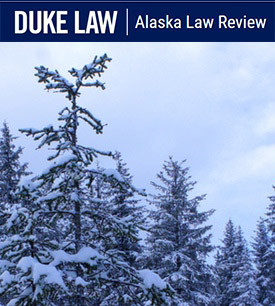
Next Steps to Reform the Regulations Governing Offshore Oil and Gas Planning and Leasing
Published in the Alaska Law Review
In this article, we argue that fundamental reform is necessary and highlight a series of key themes and topics that must be addressed to improve the regulatory process and promote better, more consistent management outcomes. While the article draws on examples from frontier areas-in particular the U.S. Arctic Ocean-the recommended changes would apply to and benefit all areas of the OCS.
-
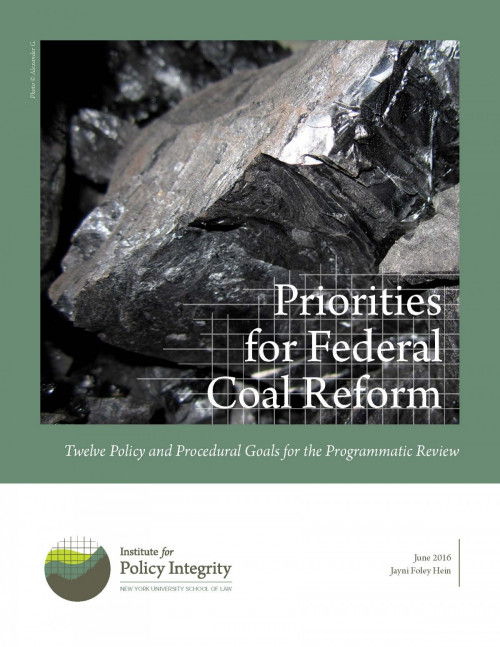
Priorities for Federal Coal Reform
Twelve Policy and Procedural Goals for the Programmatic Review
This report highlights twelve policy and procedural recommendations for the review of the federal coal program. These reforms are intended to help modernize program and so that it can provide maximum net benefits to American taxpayers. The programmatic review should identify opportunities to increase revenue, reduce greenhouse gas emissions, and align federal land management with U.S. climate change goals, paying enormous dividends to the public.
-
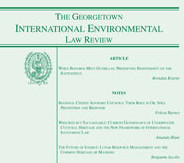
Legal Pathways to Reducing Greenhouse Gas Emissions Under Section 115 of the Clean Air Act
The most efficient legal tool for addressing U.S. climate pollution can likely be found in an unused provision of the Clean Air Act. Section 115 of the Act, titled “International Air Pollution,” authorizes the EPA to develop and implement an economy-wide, market-based program to reduce domestic greenhouse gas emissions. This article, jointly authored by a team of law professors and attorneys at three of the country’s leading institutes focused on climate change and environmental law, offers an in-depth analysis of Section 115, which would provide the most flexible approach for achieving the targets from the Paris climate agreement.
-
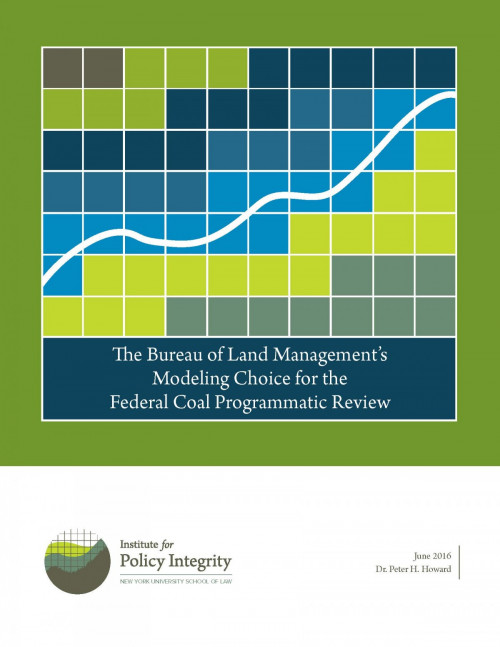
The Bureau of Land Management’s Modeling Choice for the Federal Coal Programmatic Review
There are multiple power sector models available to the Department of Interior (DOI)’s Bureau of Land Management (BLM) for analyzing the effect of current and alternative coal regulations and leasing policies during preparation of its programmatic environmental impact statement (PEIS). This document lays out model selection criteria to assist BLM in weighing the benefits and costs of these available models, and offers recommendations for model selection, highlighting the tradeoff between model complexity and transparency.
